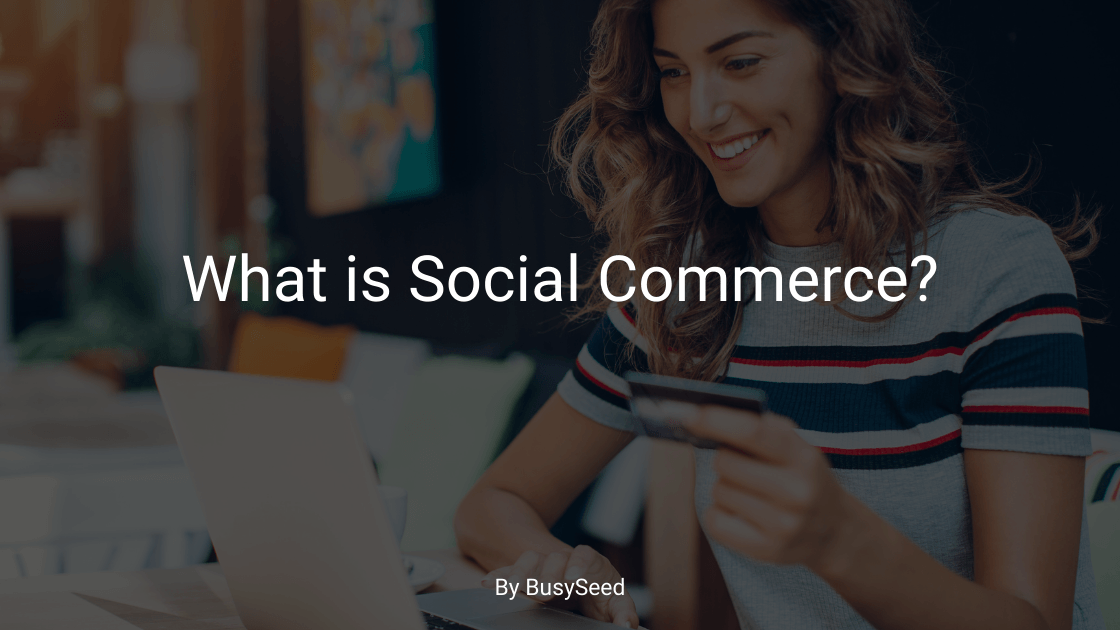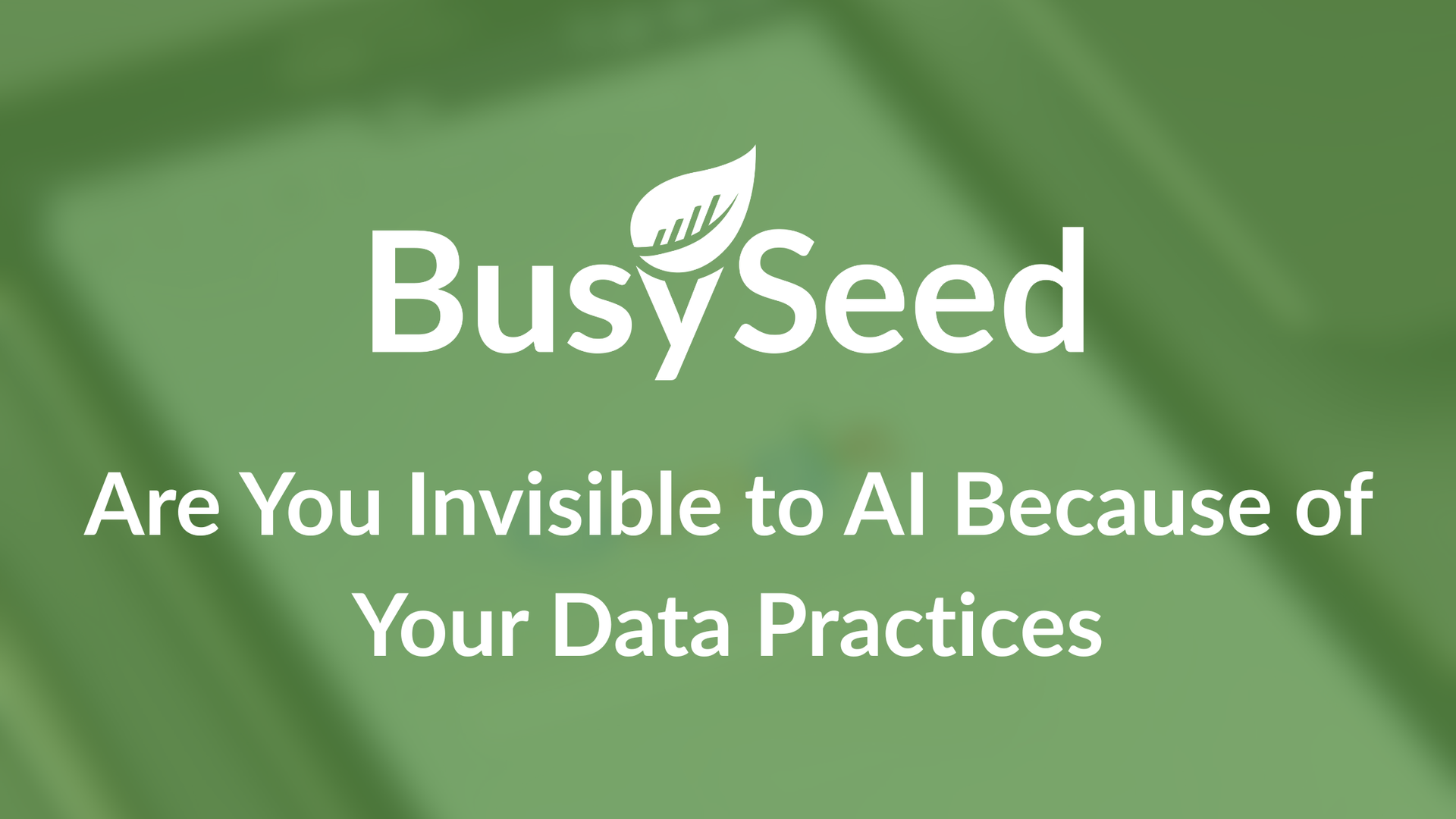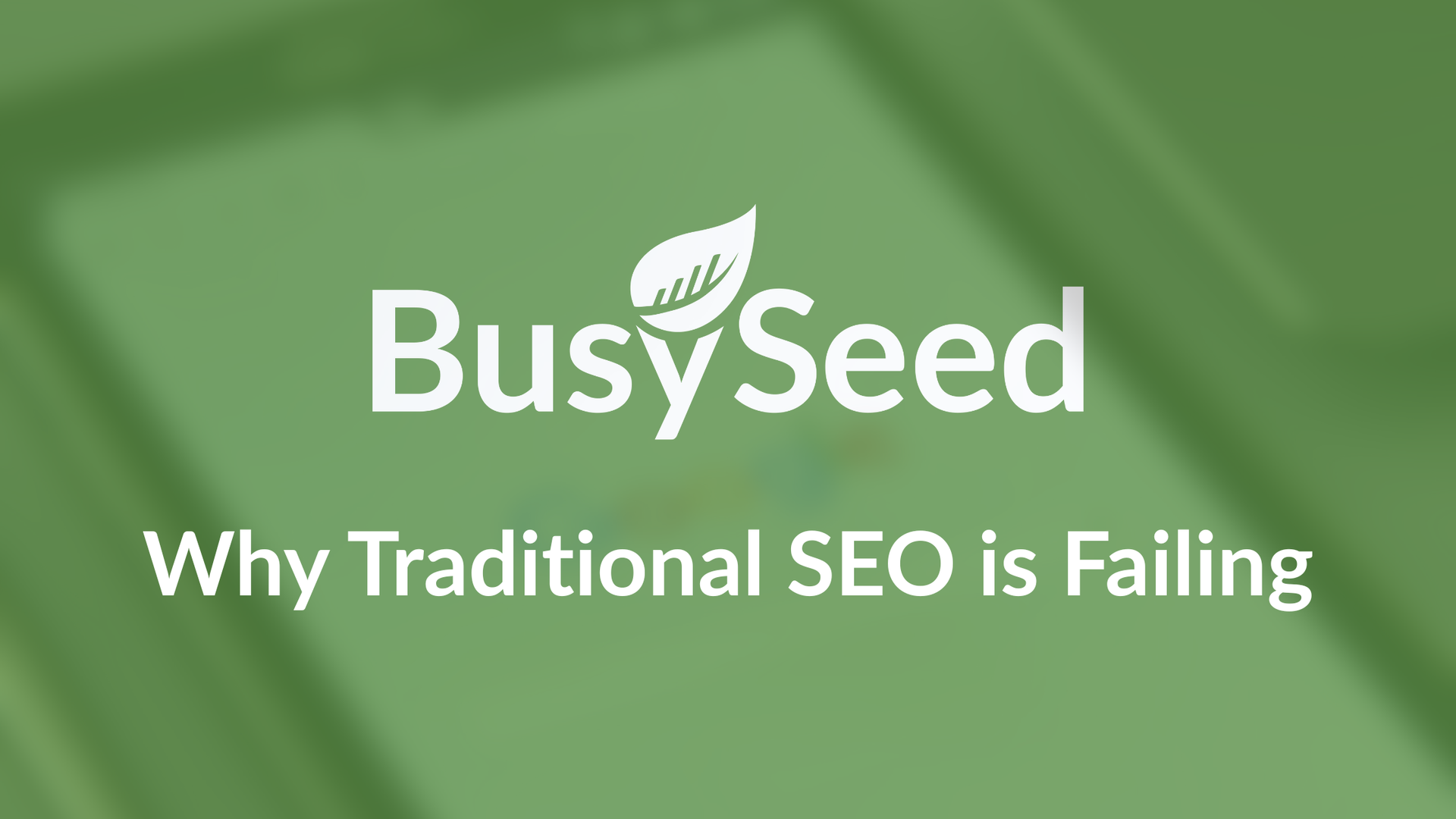What is Social Commerce?

When most people think of e-commerce, they buy and sell products online. However, social media has changed the game, allowing businesses to sell products and services through social media platforms.
As a savvy marketer, I have been using social commerce for years, and the results are always impressive. That said, let me explain what social commerce is and how it can help businesses of all sizes.
So, What Is Social Commerce?
Social commerce is an online sales channel that blends e-commerce with social media. It involves using social networks like Facebook, Twitter, and Instagram to promote and sell your products or services. In other words, it's the integration of social media with e-commerce.
This type of commerce has been around for quite some time now, but it has exploded in recent years. So I was surprised to learn that social commerce was an $89.4 billion market as of 2020, and it was projected to grow to $604.5 billion in the next seven years.
I use social commerce in my business to:
- Selling products online to people living in other parts of the world
- Increase brand awareness
- Generate leads and customers through social media channels
- Communicating with my customers and suppliers
How Social Commerce Can Help Your Business
If you're a business owner with products to sell, then social commerce is something you should be taking advantage of. Here are a few reasons why:
- Reach out to more customers: Social media gives you access to many potential customers.
- Brand awareness: As I mentioned earlier, social commerce can help improve brand awareness. By sharing your products on social media, you’re giving people the opportunity to learn about your brand and potentially buy what you’re selling. In addition, when people see your products on social media, it helps to build brand awareness and credibility.
- Generate leads and sales: Social media is a great place to generate leads and sales. You can do this by running ads, offering discounts, or providing helpful content that attracts and retain customers.
- Get feedback from customers: Social media provides an excellent opportunity to get feedback from customers. This can help you improve your products and services and also help you build customer loyalty.
- Higher ranking on search engines: The combination of e-commerce and social media can help improve your website’s ranking on search engines. This is because Google and other search engines use social media signals to rank websites.
- Business metrics: As a business owner, I take time to go through the business metrics of my company and see how social media is affecting sales, leads, website visits, etc. That said, you can also use social media to track these metrics for your competitors.
- Buy products: I usually engage my suppliers online through social media to better understand their products. I also buy some of the products I use in my business via social media.
- Create relationships: Social media is a great way to connect with new and potential customers and create relationships with your current ones. You can do this by providing valuable content, answering customer questions, and being present on social media platforms.
Questions to Ask Yourself About Your Social Commerce Strategy
Social networking is an excellent channel for retailers to engage consumers, drive traffic and create sales. Unfortunately, some retailers have jumped onto the social bandwagon without a plan and found it challenging to develop a strategy that truly drives their business forward.
At this point, many major online retailers are using Facebook as part of their social commerce strategy. However, given the increased competition in this space, starting on the right foot is essential.
So here are some questions you should ask yourself if your social commerce strategy involves Facebook.
1. What is my target market?
When designing or reviewing your social commerce presence, it's critical for retailers to meet their demographic targets (are they male or female? young or old? do they shop online or offline?).
Retailers need to understand their target market and where they're located to engage them.
2. What do my consumers want from me?
Retaining customers rather than building customer loyalty remains the focus for most retailers when it comes to social commerce, regardless of the company's size.
Consumers are interacting with brands online and offline, creating a new dynamic that can no longer be ignored by retailers - regardless of their product or service.
3. What role will my company play in social commerce?
Retailers need to understand what consumers want to make the most out of their social engagement.
They also need to decide how much they will be involved in the actual transaction and whether or not it is worth opening their store on Facebook.
4. What type of content should I share?
Consumers are interacting with brands online and offline, creating a new dynamic that can no longer be ignored by retailers - regardless of their product or service.
Retailers need to consider what consumers want to share and engage with the most relevant content for them.
5. How can I track my purchase history?
The ability to track customer purchases based on interactions with social commerce activities is critical for retailers looking at new ways to drive sales. Therefore, building a solid infrastructure to manage this data type is paramount.
6. What does my social media presence look like?
Retailers need to understand what they want their social commerce strategy to look like and benefit the bottom line.
Rethinking your social media strategy to drive sales may be worth exploring if you're looking for new ways to generate revenue.
How I Measure the Success of My Social Commerce Strategy
I measure the success of my social commerce strategy by using a range of metrics. Here are some examples of how I did this:
- Facebook likes and engagement
- Monthly website traffic from Facebook versus other social networks
- Number of transactions on the e-commerce site from consumers who have been exposed to social commerce activities
- Number of transactions from consumers who have been exposed to social media messages about a product
To learn more about the right metrics for your company, you should consult with an experienced e-commerce or online marketing team.
The Bottom Line
Depending on the size and scope, social commerce can provide significant benefits. The tools available today make it easy for retailers to build a social commerce presence, but if they're not careful, they'll soon find themselves with a site that isn't set up for success.











